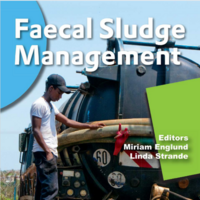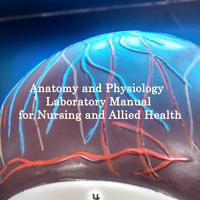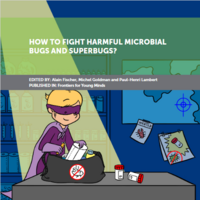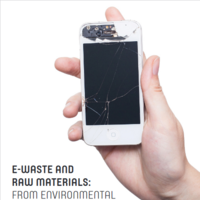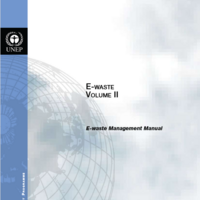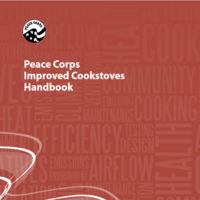Search
Books+
Searching 1,730 books
Search related to the career Sterile Processing Technician
The Role of Sterile Processing Technicians in Maintaining Cleanliness
Sterile Processing Technicians play a crucial role in maintaining cleanliness in healthcare facilities. Their primary responsibility is to ensure that all medical instruments, equipment, and supplies are properly cleaned, sterilized, and ready for use. Here are some key aspects of their role:
1. Instrument Cleaning and Decontamination: Sterile Processing Technicians are responsible for cleaning and decontaminating various medical instruments and equipment. They follow strict protocols and use specialized cleaning agents and equipment to remove any organic matter, blood, or other contaminants.
2. Sterilization: After cleaning, Sterile Processing Technicians ensure that the instruments are properly sterilized to eliminate any microorganisms, including bacteria, viruses, and fungi. They use different sterilization methods such as steam, ethylene oxide gas, or hydrogen peroxide plasma, depending on the instrument and facility requirements.
3. Quality Control: Sterile Processing Technicians perform regular quality control checks to ensure that the cleaning and sterilization processes are effective. They monitor sterilization equipment, maintain accurate records, and conduct biological and chemical indicator tests to validate the sterilization process.
4. Inventory Management: These technicians are responsible for managing the inventory of sterile supplies, instruments, and equipment. They track expiration dates, rotate stock, and ensure that an adequate supply of sterile items is available for medical procedures.
5. Adhering to Safety Standards: Sterile Processing Technicians strictly follow safety protocols and guidelines to prevent cross-contamination and the spread of infections. They wear personal protective equipment (PPE), maintain a clean and organized work environment, and adhere to infection control practices.
6. Collaboration with Healthcare Professionals: Sterile Processing Technicians work closely with healthcare professionals, including surgeons, nurses, and other medical staff. They communicate effectively to understand specific instrument needs, address concerns, and ensure that sterile supplies are readily available for medical procedures.
7. Continuous Education and Training: Sterile Processing Technicians stay updated with the latest advancements in cleaning, sterilization, and infection control practices. They participate in ongoing education and training programs to enhance their knowledge and skills.
In summary, Sterile Processing Technicians play a vital role in maintaining cleanliness in healthcare facilities. Their expertise in instrument cleaning, sterilization, quality control, inventory management, adherence to safety standards, collaboration with healthcare professionals, and continuous education contribute to ensuring a safe and sterile environment for patient care.
Source: Various AI tools
Searched in English.


